Like for the previous editions, the 2017 Michelin Challenge Design is open to the entire design community, from students and universities to individuals, small and large companies .
The deadline for submitting projects is May 1, 2016.
Update: due to the tremendous response to the 2017 Michelin Challenge Design, Le Mans 2030: Design for the Win theme, the deadline for entries is being extended from May 1 to August 1, 2016
The entries will be judged based on the following criteria: relevance to the theme; concept originality; design value and quality; developmental potential; and design displayability.
Below we report the complete contest brief. For more information and to register you can visit michelinchallengedesign.com.
Le Mans 2030: Design for the Win
There is nothing like the Le Mans 24 Hours. The world’s greatest race has always been more than the pure pursuit of speed. Le Mans is the ultimate test of ideas, innovations, endurance, creativity and beauty.
Innovative historical examples of race cars include: the enclosed, aerodynamic bodywork of the 1925 Chenard and Walcker Z1 “tank”, the 1963 Rover BRM kerosene powered turbine car and the 1991 race winning Mazda 787B rotary.
In recent years, Le Mans organizers have pushed for significant reductions in fuel, energy and tire usage. The open formulas available to achieve those results have made Le Mans the most relevant and exciting form of competition for manufacturers worldwide. This approach has inspired the creation of Audi’s diesel and diesel hybrid technologies, Toyota’s ultra-capacitor hybrid, Porsche’s V4 hybrid and Nissan’s radical DeltaWing and GTR-LM concepts.
The 2013 Le Mans winner: Audi R18 e-tron quattro
Over the past 93 years, Aston Martin, Audi, Bentley, BMW, Chevrolet, Dodge, Ferrari, Ford, Honda, Jaguar, Maserati, Mazda, McLaren, Mercedes-Benz, Nissan, Peugeot, Porsche, Renault, Toyota, and others have used the Le Mans 24 Hours to build international awareness. Each era’s winning cars have reflected the brand ambitions of the competing companies and represented a breakthrough in technology.
The Porsche 919 Hybrid LMP1 winner of the 2015 edition
The Michelin Challenge Design 2017 – Le Mans 2030: Design for the Win – invites you to create a breakthrough race car to win the Le Mans 24 Hours in the year 2030. Entrants are encouraged to utilize future-looking technologies, innovations, and pioneering problem solving skills to design a car that reinforces the premium brand image of a company that is either famous for its historical successes, or ready to elevate its brand through a Le Mans 24 Hours win.
(Source: Michelin)

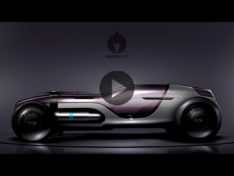
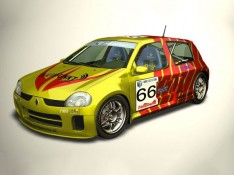
 share on Buffer
share on Buffer

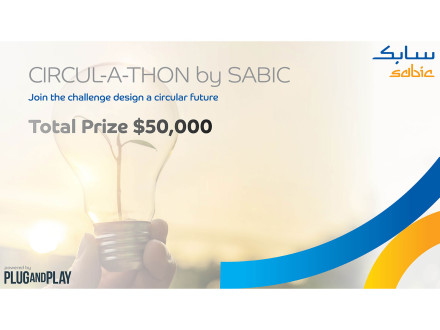
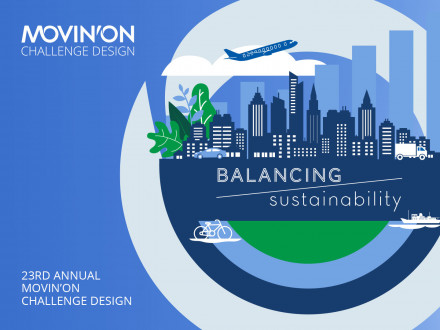
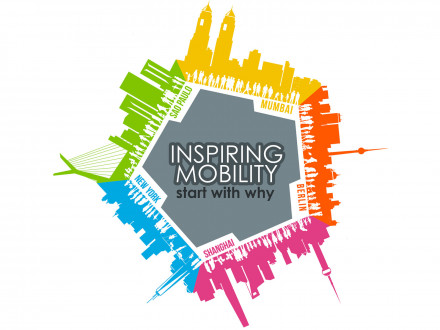









Comments